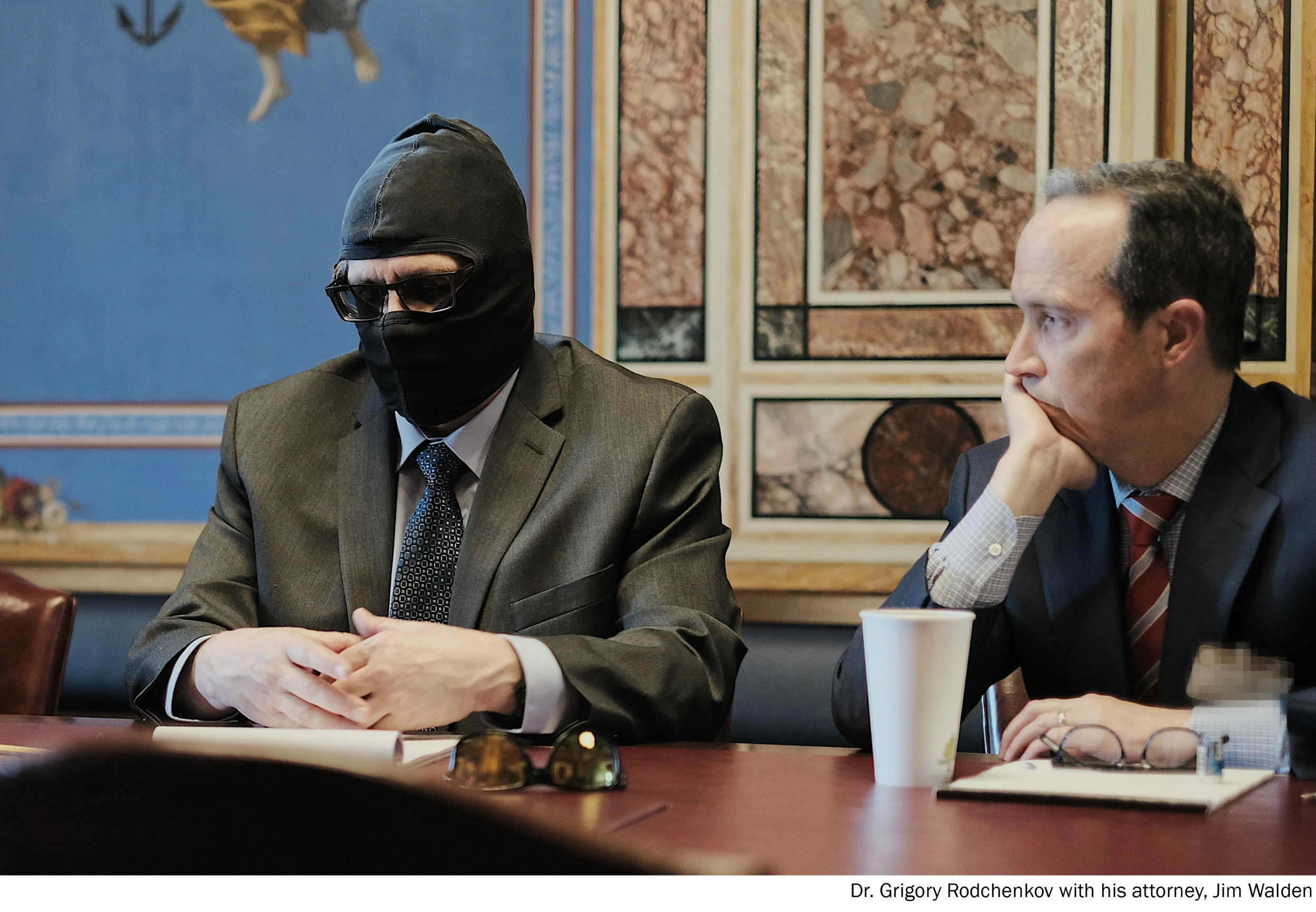DOHA, Qatar — It is a fundamental precept that everyone is entitled to due process, and as the mater of the United States Anti-Doping Agency versus Alberto Salazar makes plain, perhaps no one in the history of anti-doping litigation has ever exercised the process due him as did Alberto Salazar, tagged late Monday with a four-year ban.
The Salazar matter may come to redefine high-stakes sports-related arbitration as we know it. It sets a new bar for combativeness and litigiousness.
Now, meantime, we shall see whether — in the court of public opinion — all those athletes who over the years saw themselves in Salazar’s orbit will now be afforded the same fundamental fairness.
The preliminary verdict would suggest that having been anywhere near Salazar — much less been one of his disciples, like the Olympic champion Mo Farah or the silver medalist Galen Rupp — is going to make for a tough go.
Very tough.










